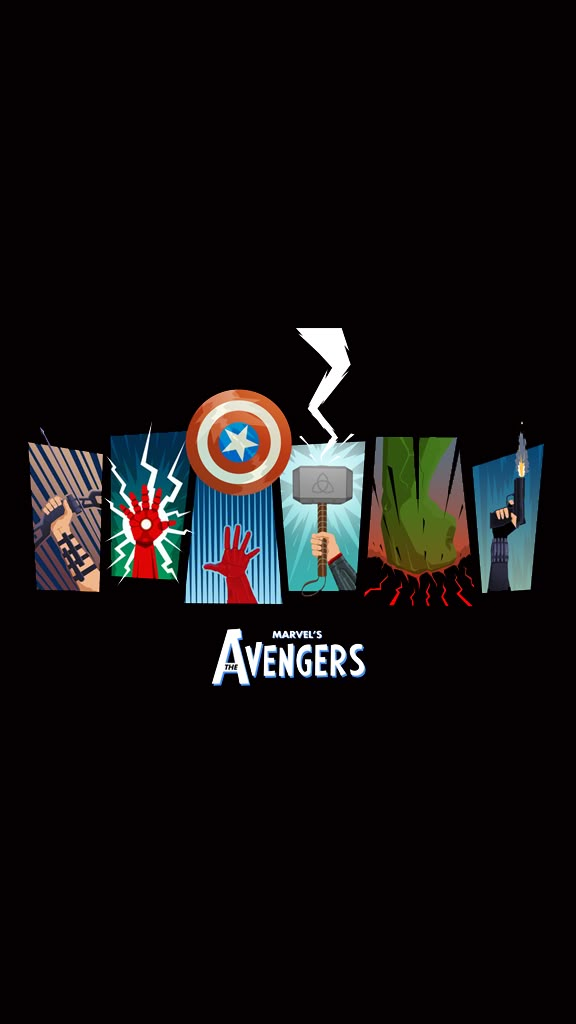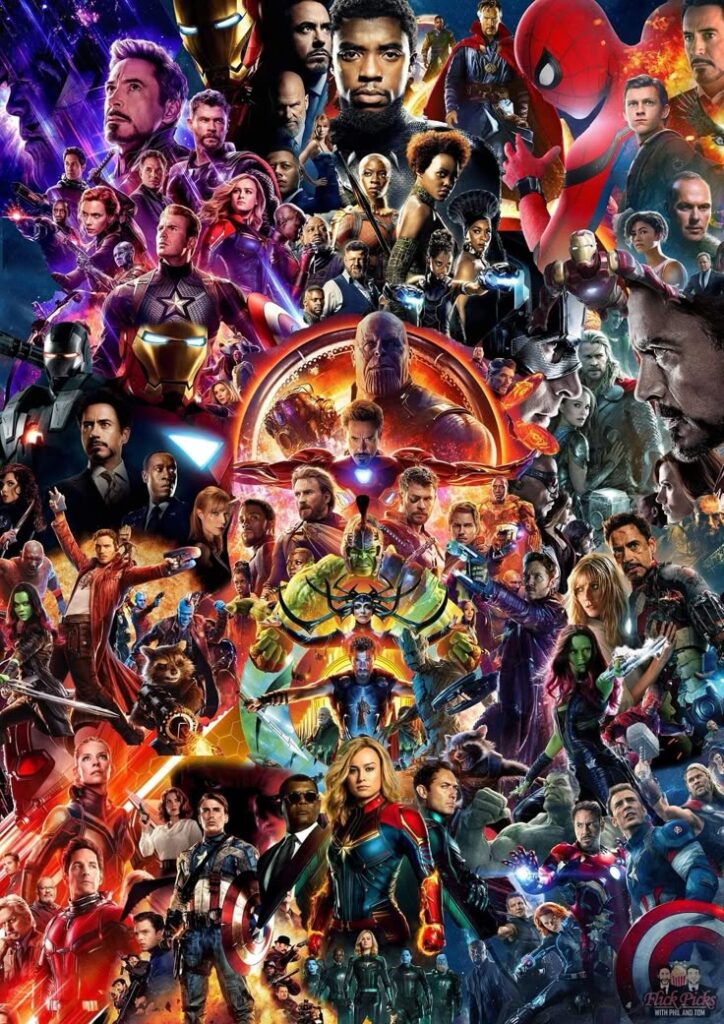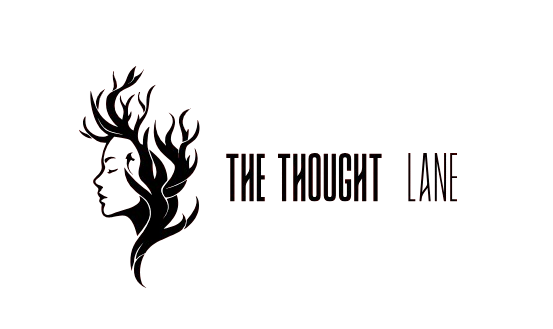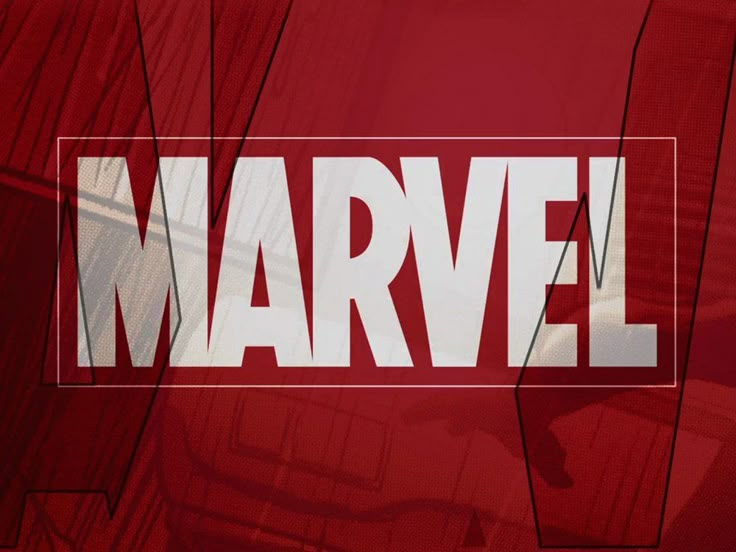Marvel Entertainment has become a cornerstone of modern pop culture. From humble comic book beginnings to becoming a global entertainment titan, Marvel continues to captivate audiences with its cinematic universe, unforgettable characters, and groundbreaking storytelling.
In this in-depth article, we’ll explore how Marvel Entertainment has evolved, its biggest accomplishments, challenges, and why it remains the ultimate brand in superhero storytelling.
The Beginnings of Marvel Entertainment
Marvel Entertainment originally started out as Timely Publications in 1939. Its evolution into Marvel Comics in the 1960s created the dawn of an age that revolutionized superhero storytelling. Creators such as Stan Lee, Jack Kirby, and Steve Ditko brought about intricate characters that appealed to readers on a profound level.
The Emergence of Iconic Superheroes
Marvel Entertainment brought us classic characters like Spider-Man, Iron Man, Captain America, Thor, and the Hulk. They weren’t merely superhuman; they were human, with flaws and emotional depth.
Their humanity, struggles, and strengths distinguished Marvel from other comic book companies. Characters adapted to changes in society, keeping Marvel’s content fresh and current.

Marvel’s Cinematic Breakthrough
In 2008, Marvel Entertainment made a courageous move by introducing the Marvel Cinematic Universe (MCU) with Iron Man. The movie’s success paved the way for a cinematic empire that reshaped the industry.
Robert Downey Jr.’s performance as Tony Stark became legendary. The use of post-credit scenes which intimated a bigger interconnected universe—a which was novel and groundbreaking to moviegoers.
The Marvel Cinematic Universe (MCU) Explained
The MCU is not a collection of superhero films—it’s a masterfully intertwined narrative across various franchises. From The Avengers to Black Panther, each film is part of a bigger story.
Marvel Entertainment’s strategy of interconnectedness and world-building makes the MCU unique. With each phase, the universe becomes richer, adding more characters, timelines, and universes.
Top 10 Marvel Movies That Shaped the Franchise
- Iron Man (2008) – The birth of the MCU.
- The Avengers (2012) – Brining heroes together like never before.
- Guardians of the Galaxy (2014) – Branching out into the universe.
- Captain America: Civil War (2016) – Heroes divided.
- Black Panther (2018) – A cultural landmark.
- Avengers: Infinity War (2018) – High stakes narrative.
- Avengers: Endgame (2019) – A cinematic ending.
- Spider-Man: No Way Home (2021) – Multiverse magic.
- Doctor Strange in the Multiverse of Madness (2022) – Visual storytelling genius.
- The Marvels (2023) – Diversifying and representing.
These movies illustrate how Marvel Entertainment continues to innovate while providing emotional and action-oriented storylines.
Behind the Scenes: Marvel Studios and Its Vision
Through Kevin Feige’s leadership, Marvel Studios revolutionized long-form storytelling on screen. The studio’s attention to planning, taking risks, and dedication to fan satisfaction played a significant role in Marvel Entertainment’s success.
Every production is designed with a roadmap in mind—finding balance in fan service, innovation, and character development.
Marvel Entertainment vs. Competition
Other comic book franchises have been successful, but none are as consistent and globally influential as Marvel Entertainment. DC, its closest competitor, has created iconic characters but has lacked cinematic coherence.
Marvel’s storytelling style, humor, and emotional connection remain in the lead in the fight for pop culture supremacy.
Marvel in TV, Animation, and Streaming
Marvel Entertainment ventured into television with successes such as:
- Daredevil
- Jessica Jones
- WandaVision
- Loki
- Moon Knight
These shows delve into side stories, complex character development, and edgy storytelling approaches, enhancing the MCU experience on platforms such as Disney+.
Marvel Comics: The Building Blocks of a Legacy
Prior to the blockbuster movies, Marvel Comics set the foundation in place. With more than 80 years of storytelling, Marvel’s comic book arm continues to dictate plotlines, character appearances, and fan anticipation.
Marvel Comics addresses adult themes—identity, politics, inequality—using an approach that’s both fantastical and grounded.
Cultural Significance of Marvel Entertainment
Marvel Entertainment has changed the definition of heroism. Its narratives encourage generations to believe in courage, collaboration, and persistence.
Individuals such as T’Challa (Black Panther) and Kamala Khan (Ms. Marvel) demonstrate that anybody—irrespective of heritage—can be a superhero.
Global Popularity through Merchandise
From action figures to fashion, Marvel Entertainment is a merchandising powerhouse. The brand rakes in billions of dollars in licensing agreements, video games, theme park rides, and collectibles.
Disney Parks’ Marvel-themed experiences bring fans into the world of their favorite characters.
Diversity and Inclusion in the World of Marvel
Diversity has become the core of Marvel Entertainment’s mission. New titles and adaptations include LGBTQ+ characters, empowered female protagonists, and diverse-ethnicity heroes.
Examples:
- Shang-Chi – Honoring Asian heritage.
- Ms. Marvel – Highlighting Pakistani-American culture.
- Echo – Speaking for the Native American and deaf communities.
Marvel’s focus on representation speaks to the multicultural audience of the present day.

The Future of Marvel: Phase 5 and Beyond
Marvel Entertainment is far from slowing down. New projects are in the pipeline:
- Avengers: Secret Wars
- Blade (Reboot)
- Fantastic Four
- Deadpool & Wolverine
Having the multiverse incorporated fully, Marvel has endless options for storytelling. https://www.pinterest.com/search/pins/?q=Marvel&rs=typed
The Problems Marvel Has in the Contemporary Era
Even with its reign, Marvel Entertainment has problems:
- Superhero fatigue
- High expectations
- Continuity balancing
- Streaming saturation
But Marvel’s capacity to innovate, re-tell stories, and catch fans off guard keeps it in the lead.
Conclusion: Marvel Entertainment’s Lasting Legacy
Marvel Entertainment has revolutionized the world of entertainment. Comcis to movies, toys to television, its presence is unparalleled. Its heroes, tales, and themes inspire billions.
A life-long comic book reader or an MCU newbie, Marvel still has stories of hope, justice, and imagination for everyone.
Final Thoughts
Marvel Entertainment is not simply superheroes. It’s about storytelling that transcends borders and generations. With new heroes emerging and old legends resurfacing, Marvel will continue to be a power player in entertainment for years to come.



